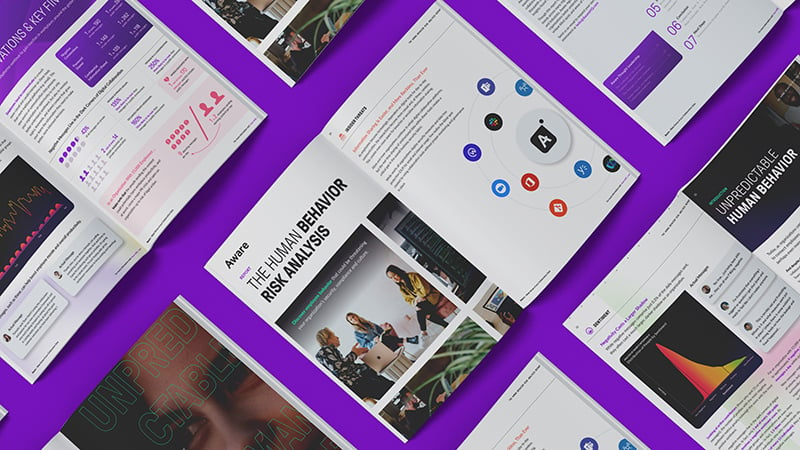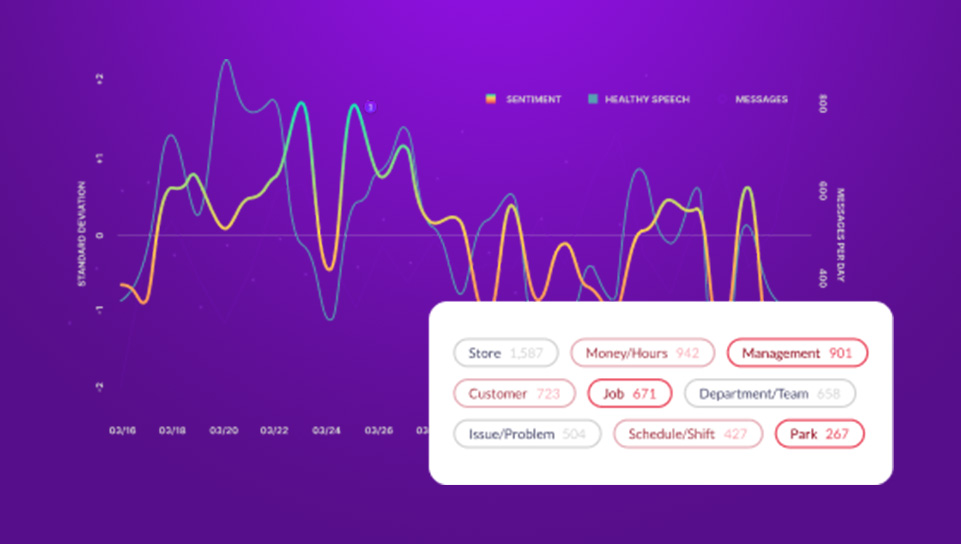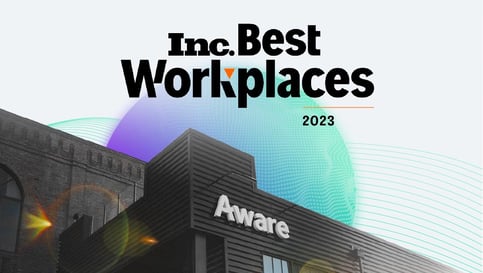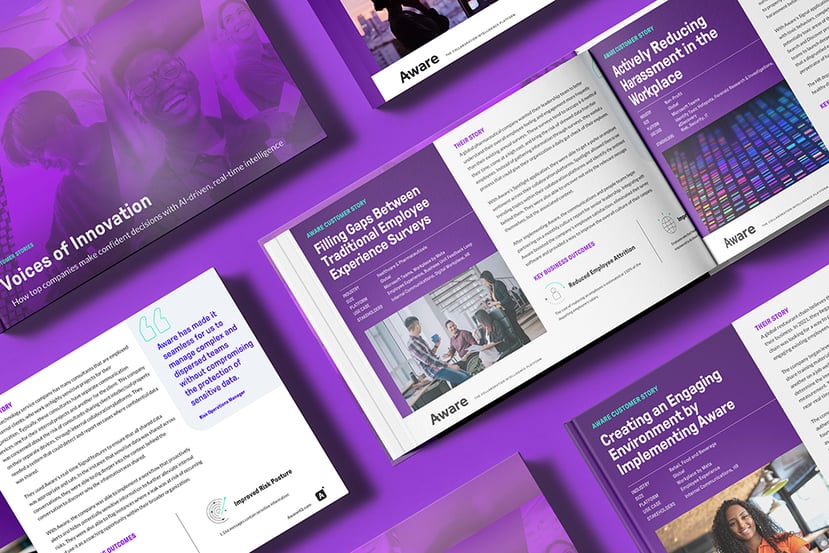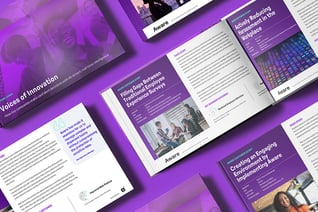Bi-Directional Data Retention: Everything You Need to Stay Compliant, In-the-Know and Ahead of Undesirable Situations
by Aware
Records retention is a critical piece of any data management strategy. However, not all retention capabilities are created equal. In the case of the digital workplace, single-directional retention is inadequate, whereas bi-directional retention is exceptional.
What is Records Retention?
Records retention is the storage of an organization’s data for a specified period of time, after which the data is systematically destroyed.
With the widespread adoption of remote work, enterprise collaboration tools became the lifeblood of employee communication for many organizations. Platforms like Workplace from Meta, Yammer, Slack and Microsoft Teams are here to stay. That means business leaders and app owners must stay ahead of data compliance by establishing effective retention policies that account for the nuances of digital collaboration.
Not All Data Retention Capabilities Are Equal
Data retention policies serve as the cornerstone of data management strategies. While organizations must retain data in compliance with timelines defined by industry and local regulations, once that period expires it is in the best interest to purge the data quickly. In fact, privacy regulations like the GDPR and CCPA require data deletion after a specified period, typically as soon as your business no longer requires the data. However, while most companies leverage data retention policies to systematically purge data, they may not realize that some data is not removed completely.
What is Bi-directional Data Retention?
Bi-directional data retention is the act of implementing retention policies that operate in two directions. In the case of collaboration, this means the policy applies to the platform (i.e. Slack, Microsoft Teams) and any accompanying archives. One-way retention only applies retention policies to data within the archive.
With two-way synchronization of retention policies, organizations can systematically purge data from both the platform and the archive when the time period expires. This ensures complete disposal of the data and protects the organization from data liability. Other vendors who claim to offer data retention capabilities typically focus only on the archived data, ignoring the original data source.
This is a critical oversight, because if a retention policy requires data purging after 30 days, only deleting the content from the archive is insufficient. Employees — or malicious actors— can easily scroll back to access conversation and file data within the platform. With bi-directional data retention, your organization can systematically purge the data in both spaces, protecting your company from liability.
Misconceptions of Retention Around Collaboration
Here are a few common misconceptions about records retention and enterprise collaboration.
“All enterprise collaboration tools have retention capabilities.”
Unfortunately, this is not the case. Retention isn’t always an out-of-the-box function and third-party data retention solutions are often required. While some vendors may boast retention capabilities, they often don’t consider the nuances of collaboration data. Take a closer look to learn whether or not the retention is bi-directional.
"We don't need retention for private messages.”
Organizations are liable for both public and private messages. In fact, Aware’s own research shows that private messages are 144% more likely to contain confidential information than public ones. As of 2022, IBM and the Ponemon Institute reported that the average cost of a data breach is $4.35 million. Minimize your risk by ensuring two-way retention for all types of shared content.
“Data management isn’t my problem. I’d rather not deal with it.”
Choosing to overlook a problem doesn’t make it go away. Over time, the risk posed by outdated data doesn't expire — it increases exponentially. Communicating on enterprise collaboration tools without records retention opens the organization to serious liability. Consider the risk that comes with holding onto a social security number, birthdate or other confidential piece of information—the longer an organization stores the information, the higher the probability of a data leak or breach. Bi-directional retention allows you to manage that risk across both the platform and archive.
Choose Bi-directional Retention for Your Collaboration Platforms
The more data you collect, the higher your organizational risk. One-way retention from only the archive doesn’t protect your brand from insider threats, data breaches or legal liabilities as effectively as bi-directional retention.
Aware is Your Legal and Compliance Technology Solution for Workplace from Meta, Yammer, Slack and Microsoft Teams
Learn more about Aware's capabilities that help legal teams around the globe save time, manage legal risk, maintain compliance and ensure comprehensive data collection.
